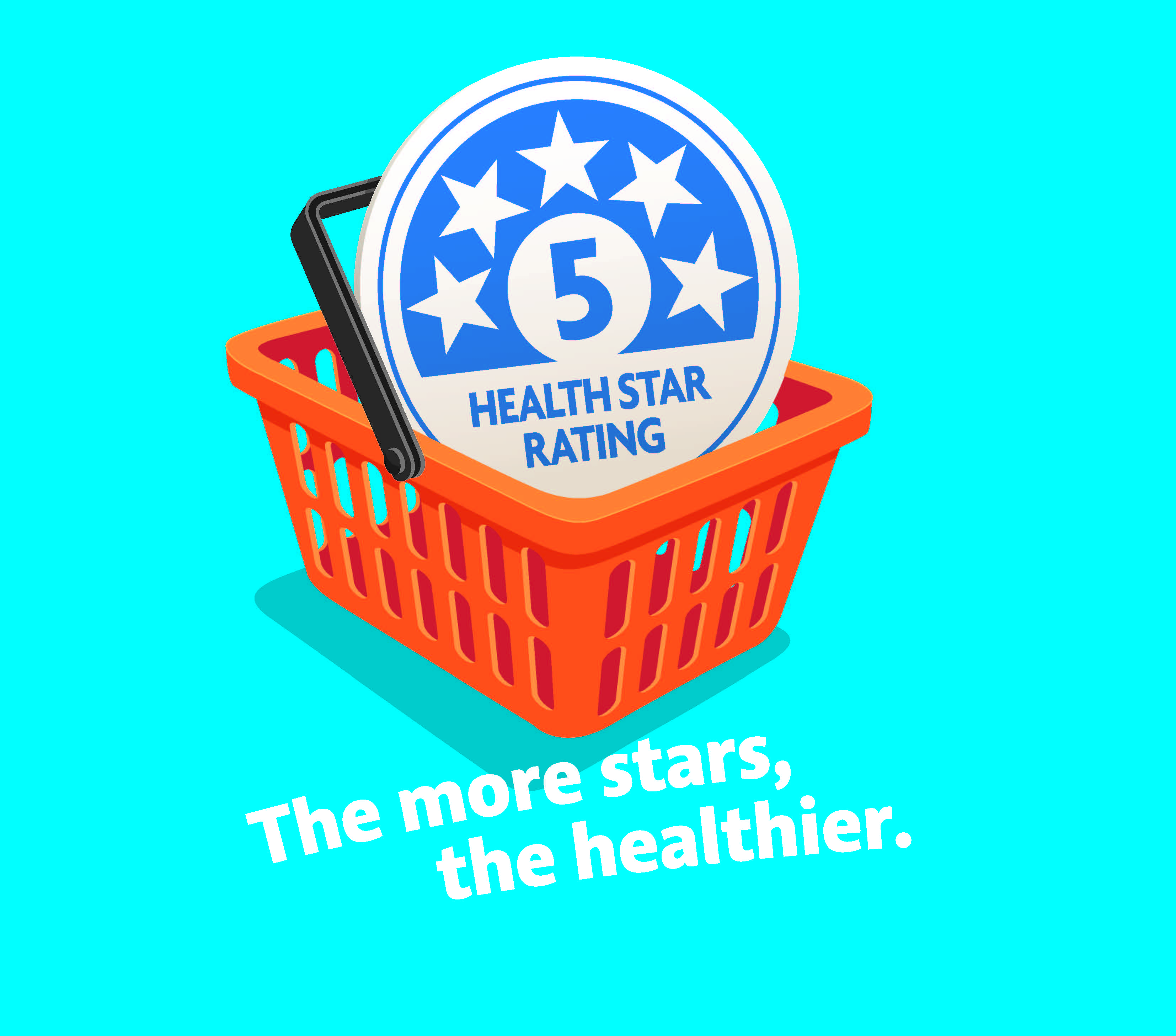The Ministerial Forum on Food Regulation (FoFR) has formally responded to the Health Star Rating Five Year Report, supporting the review’s 10 recommendations, to be implemented with a transition period of two years.
The Health Star Rating (HSR) system has not been made mandatory – an outcome welcomed by the industry.
“While uptake continues to increase and targets have been set this would be premature and potentially counter-productive, resulting in a much slower and less responsive system,” Australian Food and Grocery Council (AFGC) Chief Executive Tanya Barden said.
Striking the right balance
The reform of the HSR system aims to provide industry and consumers with clarity and establish an improved system into the future, says Ms Barden.
She adds that the decision struck the right balance between industry and consumer needs and was a sensible regulatory outcome.
“The HSR system is evidence-based and useful for consumers. Industry uptake has been substantial and consumer awareness and trust in the system is significant,” Ms Barden said.
“This outcome paves the way for an improved HSR scheme, increased industry uptake and more guidance for consumers seeking healthier dietary choices. It’s a sensible approach that balances the views of various stakeholders on a very complex issue.”
Ms Barden also noted the two-year implementation plan was ambitious given Food Standards Australia New Zealand (FSANZ) was yet to undertake detailed modelling on proposed changes to the HSR algorithm.
“The transition period should commence once FSANZ has completed its work, which will ensure smooth implementation,” she said. “The industry should not be expected to undertake costly labelling changes before the new HSR system is finalised.
“Loophole” left open
Consumer advocacy group Choice is disappointed that the Forum did not commit to a mandatory system.
Choice food policy expert Linda Przhedetsky says the ministers missed an “important opportunity to close a loophole that lets businesses pick and choose which products use this helpful labelling system”.
Research conducted by Choice showed that when Health Stars weren’t displayed on products, three quarters of people relied on marketing materials to determine the healthiness of a product.
“If ministers want to help people make healthy choices about their food and drink, we need to see a stronger commitment to consistent food labelling,” Ms Przhedetsky said.


